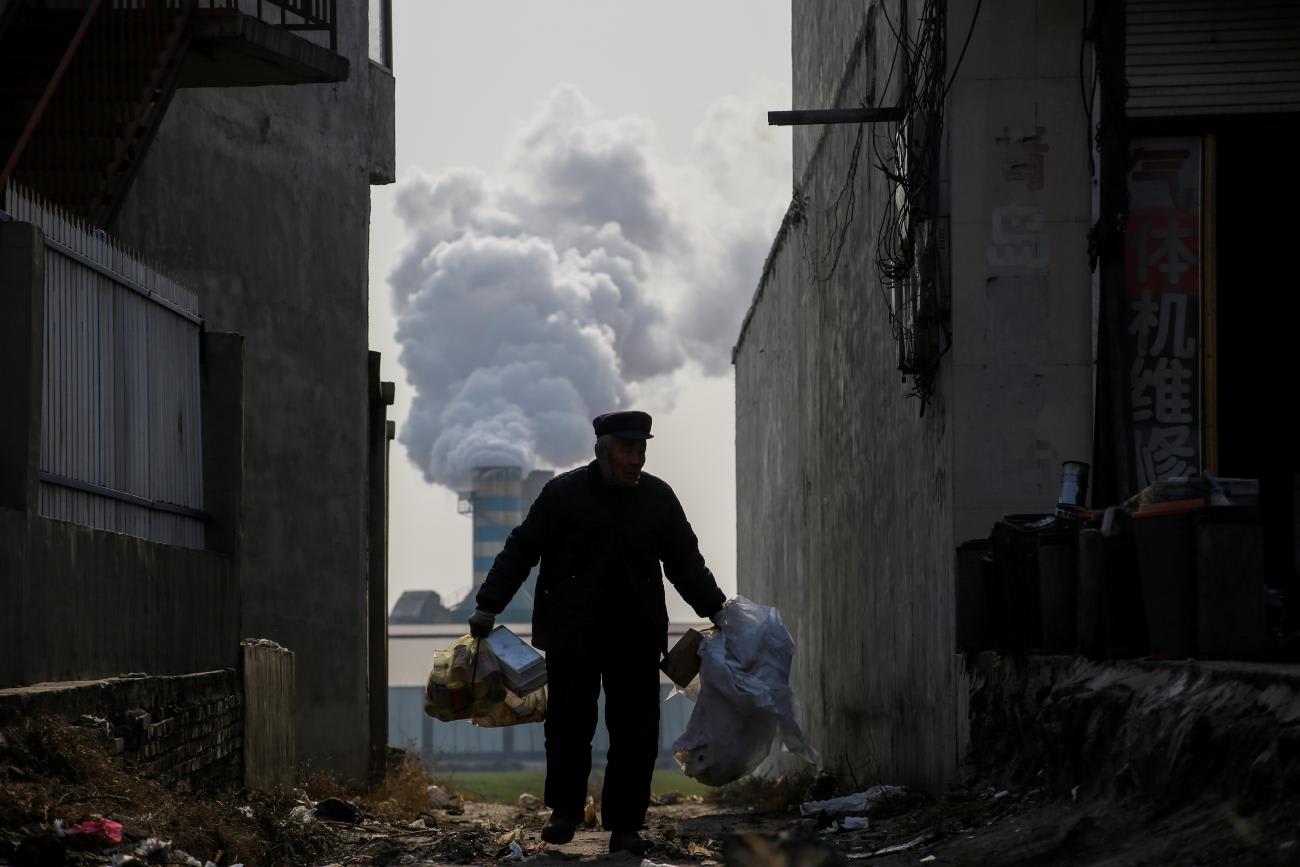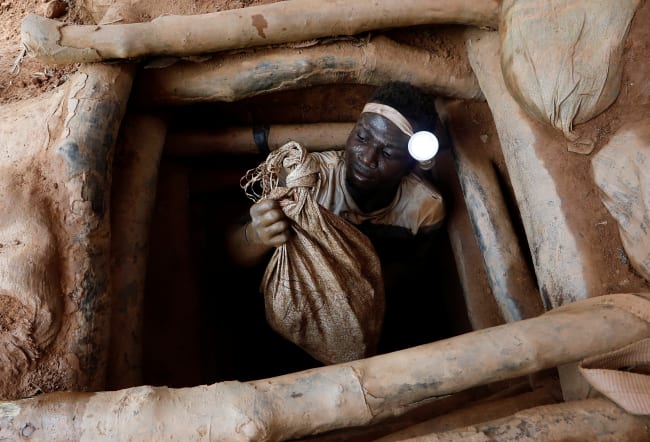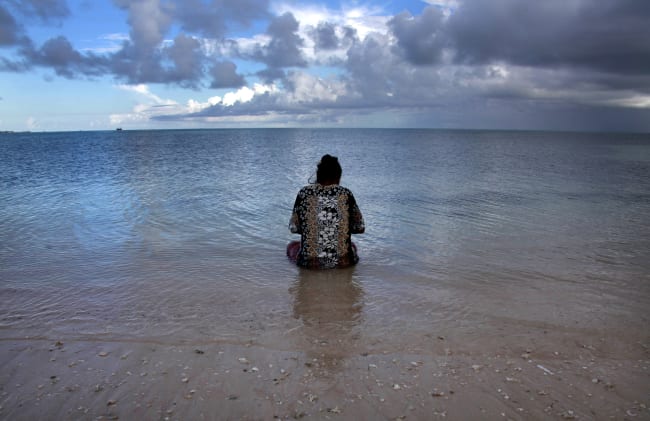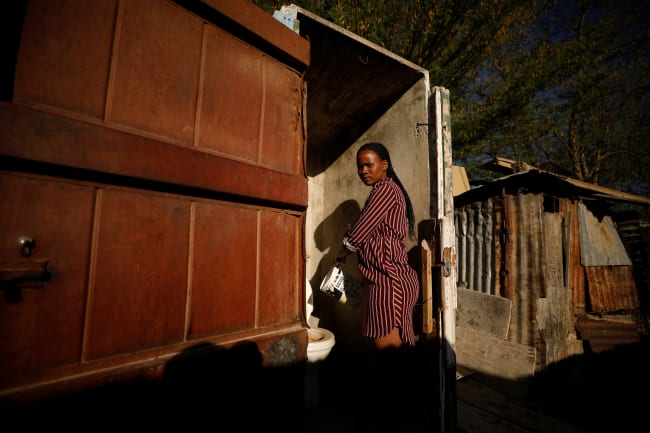According to metrological experts, July 2023 was the hottest month in recorded human history. Extreme heat threatened health globally and contributed to wildfires, drought, stress on agriculture and freshwater resources, rising ocean temperatures, melting polar ice, and severe weather events. As July closed, UN Secretary-General António Guterres declared that the "era of global warming" was over, and the "era of global boiling" had arrived.
That history-making month hammered home the magnitude of the policy challenges on climate change that countries confront. The start of the global boiling era is, however, witnessing fragmentation and friction on climate mitigation among and within major emitters of greenhouse gases. July also brought the difficulties of climate adaptation into scorching focus.
July Was the Cruelest Month
The basics of the climate change problem have been understood for decades. The accumulation of anthropogenic greenhouse gases in the atmosphere threatens to alter the world's climate and endanger ecosystems and societies. Mitigating these threats requires reengineering fossil fuel-dependent economies and societies to cut emissions through technological innovation, infrastructure transformation, and human-behavior change. Countries, especially those emitting the most greenhouse gases, should collectively reduce emissions and transition to decarbonized economic and societal activities.
July's temperatures provide more evidence that, after decades of climate diplomacy, mitigation by major greenhouse gas emitters has failed
Failure to reduce emissions increases the atmospheric stock of greenhouse gases in ways that exacerbate the intensity and longevity of the dangers to the world's climate, ecosystems, and societies. Such failure then requires expanding the scale and accelerating the speed of economic and social reengineering to reduce emissions. Continued failure makes climate change even more dangerous — and expansive, accelerated mitigation ever more urgent.
The temperatures recorded in July provide more evidence that, after decades of climate diplomacy, mitigation by major greenhouse gas emitters has failed. That evidence, however, is not the cruelest aspect of what happened in July concerning mitigation. Rather, in the weeks before, during, and after that month, collective action among leading greenhouse gas emitters weakened. In addition, doubts about the ability of such emitters to expand and accelerate mitigation measures increased.
In terms of collective action, China rebuffed U.S. efforts to restore bilateral cooperation on climate change and declared that it would chart its own course. It is not clear how progress on mitigation at the scale and speed now needed is possible without coordination between China and the United States—the leading sources of greenhouse gases. China's stance also sent a message to other major emitters, such as the European Union (EU), that want bigger and faster Chinese emission reductions. Those developments also threaten collective action by strengthening incentives to subject climate diplomacy to the exigencies of geopolitical competition and to fortify U.S. and EU interest in applying "climate tariffs" on Chinese exports.

In addition, whether major emitting countries could expand and accelerate their mitigation measures enough to have a significant impact came under additional scrutiny. Political partisanship in the United States on climate change is heating up as the 2024 election approaches. Many Republican leaders oppose the Joe Biden administration's climate policies, and Republican plans include increasing the use of fossil fuels. Polling data also indicate that President Biden's climate agenda is neither well understood nor popular among voters.
Similarly, the EU's climate strategy has provoked opposition from some member states for pushing too fast on too much. Such reactions underscore the magnitude of the mitigation challenge after decades of inadequate emission reductions, but resistance to large and rapid economic and social change slows reform, which accelerates climate change. The Chinese government's continued licensing of new coal-powered facilities while it pursues renewable energy suggests that China — like the United States and the EU — is treading water on mitigation.
The Age of Adaptation
Public health advocacy for mitigation measures had sought to prevent, as much as possible, the climate-related threats to health experienced around the world in July. Extreme heat, wildfire flames and smoke, flooding, storms, and damage to freshwater resources, agriculture, and infrastructure harm individual well-being, population health, and social determinants of health in countries at all levels of development. That month's cascade of health threats signaled that the age of climate adaptation has arrived — a reality reinforced when August became another health-endangering "month of extremes" around the world.
However, the age of adaptation begins with past, present, and future political burdens. National and foreign policies on climate change have long focused more on mitigation than adaptation. As a result, adaptation strategies and capabilities have been slow to develop during the decades that collective action on mitigation sputtered. That marginalization leaves states, especially low-income countries, unprepared for the dangers that so graphically materialized in July.
A reality reinforced when August became another health-endangering "month of extremes" around the world
Going forward, climate diplomacy confronts the challenge of scaling up adaptation capabilities amid formidable obstacles. International climate change politics have become more congested as well as contested, with governments navigating simultaneous demands for urgent, expensive actions on mitigation, adaptation, and — after COP27 — loss-and-demand claims. How well adaptation fares in this scrum for political attention and financial capital remains to be seen, but the dangers of underresourced, half-measures on adaptation are real.
Those dangers arise in part because many health harms associated with climate change resemble problems, such as noncommunicable diseases (NCDs), that foreign policies on global health have neglected in focusing primarily on infectious diseases. Global warming can contribute to communicable diseases and the transboundary spread of pathogens. States have long had shared, reciprocal interests in addressing such threats.
By contrast, many climate-related health harms created by extreme heat, flooding, and weather are noncommunicable. As seen with NCDs, states do not have strong reciprocal interests on those types of harms, which results in less political attention and funding. For example, assisting a low-income country reduce tobacco consumption does not help a high-income country manage tobacco-related diseases. Aiding a low-income country prepare against extreme heat does not build capacity in the donor country against the same threat.
As July demonstrated, high-income countries are unprepared for climate change. The costs of addressing climate-related damage, disruptions, and vulnerabilities in the United States are already severe and will only escalate as climate change grows as a threat to U.S. security, economic power, fiscal credibility, and population health. EU members and other high-income democracies face serious adaptation challenges at home, as do countries with global ambitions, including China and India. In short, the age of adaptation is unlikely to be a golden age for foreign assistance.
The Meaning of July
The extreme temperatures, human suffering, and escalated rhetoric about climate change witnessed last month will feature in climate diplomacy leading up to COP28 in Dubai at the end of the year. The portents for transformative diplomacy on mitigation and adaptation in Dubai are not good.
However, more than one month is needed to grapple with the unprecedented reality of July 2023. That reckoning is imperative. States will start to define what the hottest month in recorded history means for human history as they prepare for COP28.













